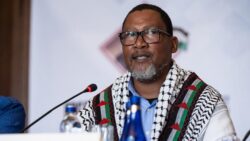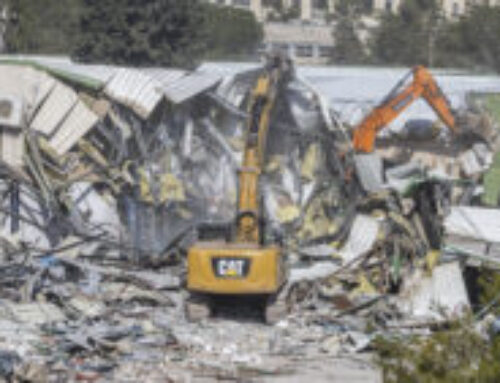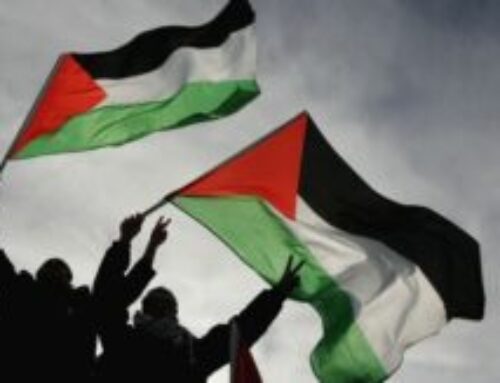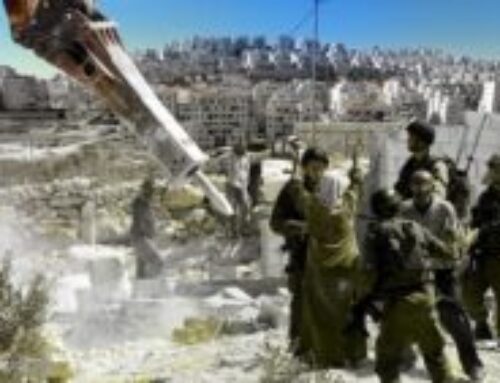In a step that shook the world’s conscience, forces of the usurping entity intercepted the Sumud Flotilla in international waters and detained dozens of activists and supporters, among them Mandla Mandela — grandson of global leader Nelson Mandela and the ambassador of Return to Palestine.
The assault, which targeted more than forty ships carrying food and medicine to the besieged people of Gaza, turned into an international scandal that exposed the extent of repression reaching even humanitarian initiatives.
The arrest of Mandela and his companions was far from an ordinary event to be overlooked. It became a resounding humanitarian outcry that unmasked the true face of the occupation. South African President Cyril Ramaphosa raised his voice, demanding the immediate release of Mandela and all detainees from the Sumud Flotilla. He described this crime as yet another chapter in a chain of blatant violations of international law — a message of intimidation aimed at silencing global solidarity with Palestine.
Yet the scene of repression at sea did not remain confined to the waves. It quickly reverberated in the streets, igniting squares in Rome, Berlin, Paris, London, Istanbul, Tunis, Barcelona, Nouakchott, and beyond with calls for freedom. Crowds raised Palestinian flags and chanted: “Free Gaza.” The voice of the sea became an echo in the streets, as popular solidarity rose to form a global wall confronting the machinery of oppression.
The arrest of Mandela and his fellow activists did not erase the image of solidarity as the usurping entity intended; instead, it granted it greater strength and symbolism. Their names have now become new icons, reminding the world that Gaza’s cause is not isolated, and that the assault on the flotilla is an assault on the very conscience of humanity itself.





